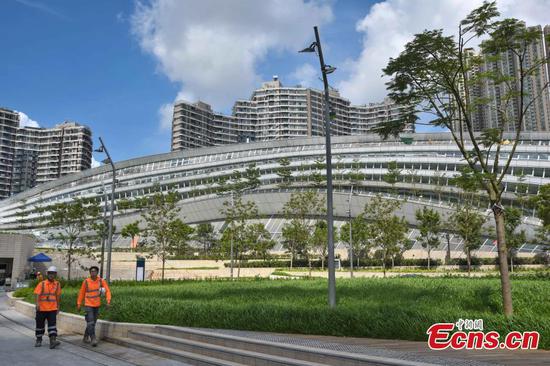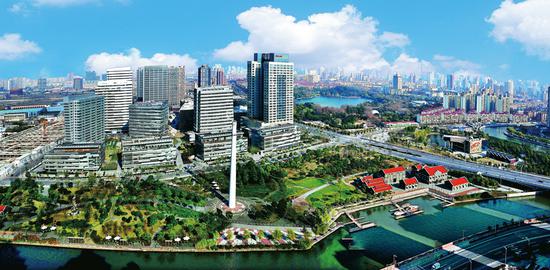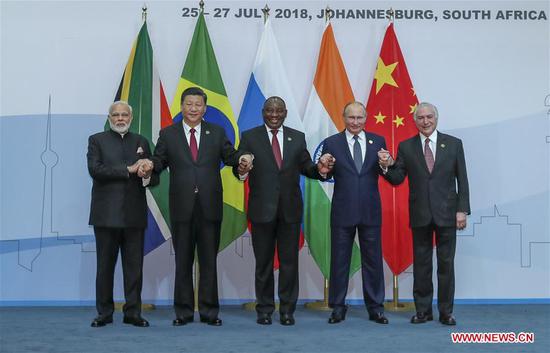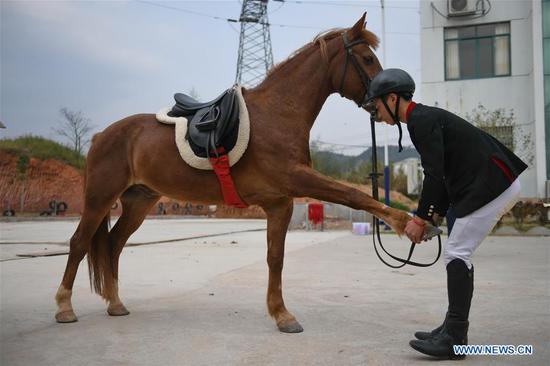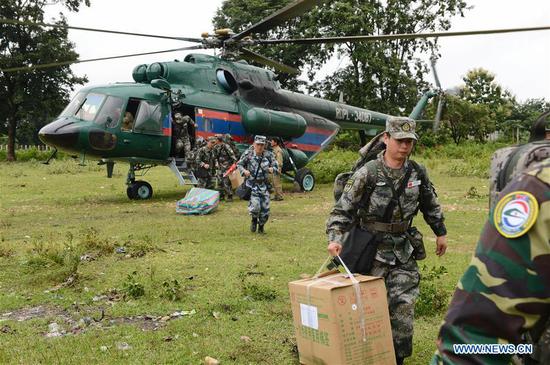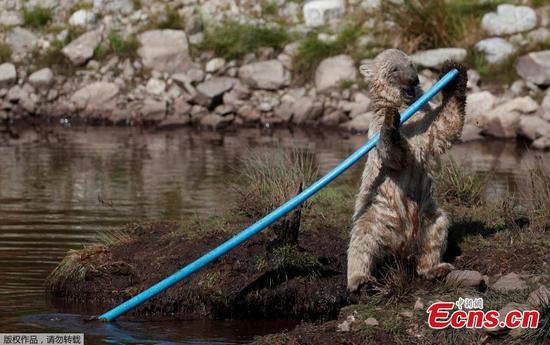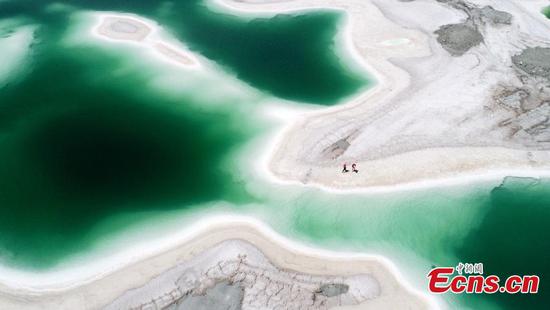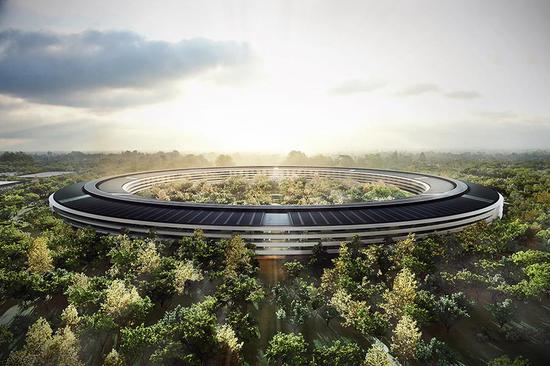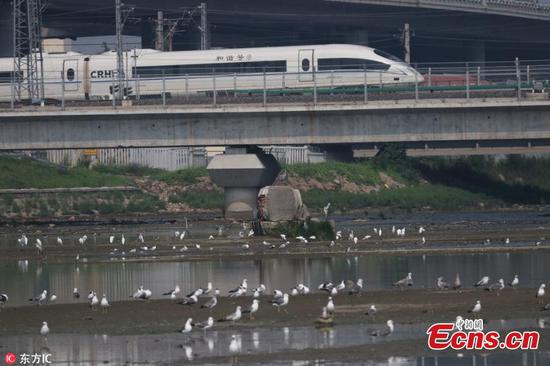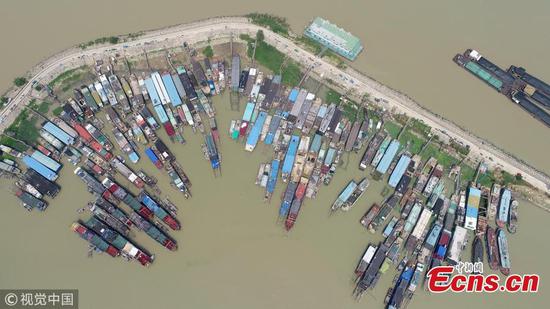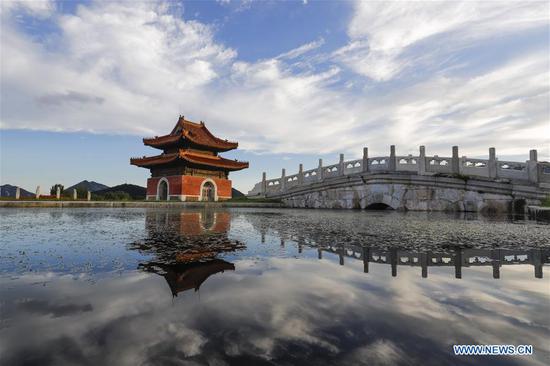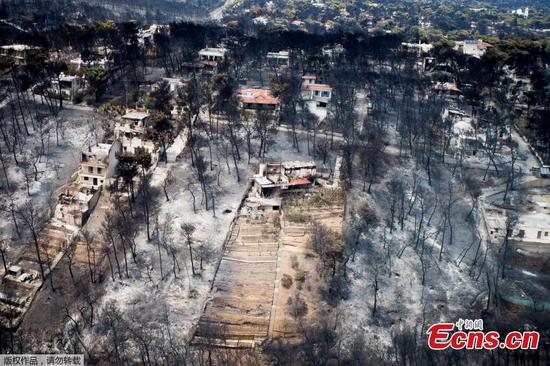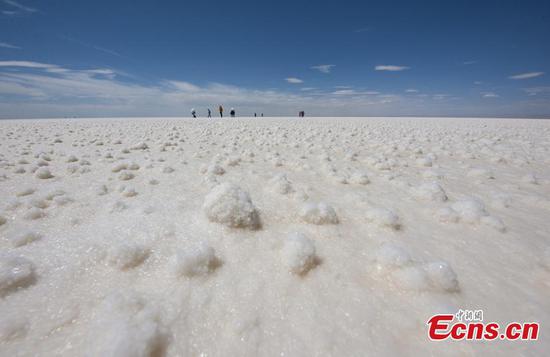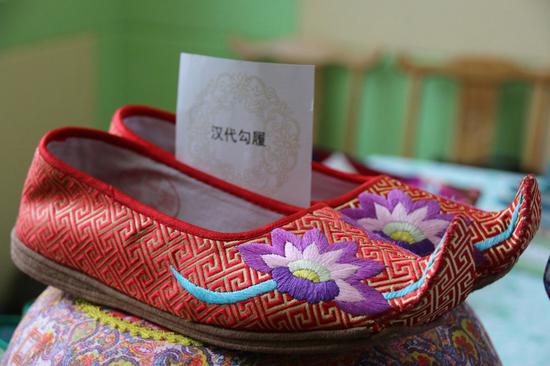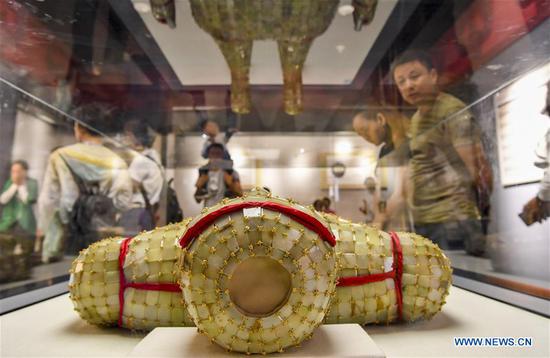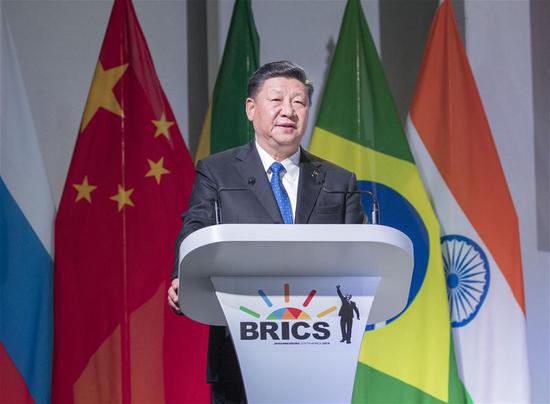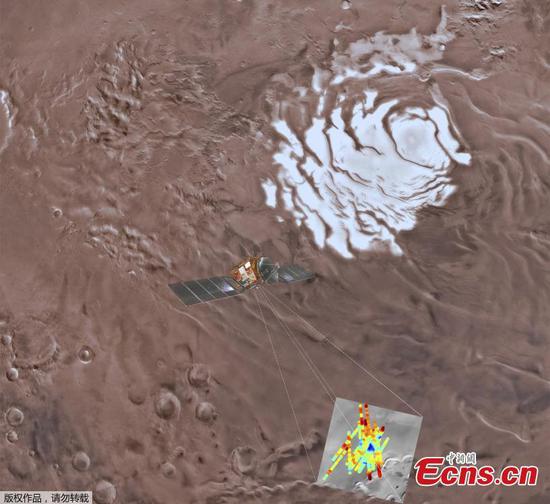The emerging market bloc of Brazil, Russia, India, China and South Africa (BRICS) can act as the key financial arm to planned infrastructure projects in African countries, an Ethiopian expert said on Friday.
Speaking to Xinhua, Gedion Jalata, CEO of the Center of Excellence International Consult, an Ethiopian consulting firm, said with South Africa being a member of BRICS group, there are bound to be some commitments to support African countries, while the increasing strength of BRICS bloc means an extended infrastructure commitment for African countries.
"I foresee possible commitments in terms of soft and hard infrastructure development like education, health, ICT and to confront rising challenges such as how to mitigate and adapt to climate change," he said.
Jalata's comment comes as the 10th BRICS summit concluded in Johannesburg, South Africa.
Jalata said with Ethiopia, Africa's second most populous nation at around 100 million people, engaging in ambitious infrastructure projects, the role of emerging blocs like BRICS in financial and other sectors is invaluable.
"China has a promising economic relationship with Ethiopia based on mutual benefits. The interest of Ethiopian government is about structural transformation of the economy, through an effective and inclusive growth and development. China through BRICS or the Forum on China-Africa Cooperation (FOCAC) and other bilateral and multilateral forums can be an even more key developmental partner to Ethiopia," he said.
Jalata mentioned China's help in Ethiopia's industrial park development as one area the Asian economic powerhouse can further assist Ethiopia either through bilateral means or multilateral institutions like BRICS.
He said BRICS could help developing African economies like Ethiopia in future projects like ICT development, space exploration and aerospace engineering.
"The ongoing BRICS summit in Johannesburg is discussing the bloc's National Development Bank (NDB), which is expected to be an alternative financial development partner to developing countries, helping create an economic setting for efforts to create an inclusive, multipolar international relations," said Jalata.










